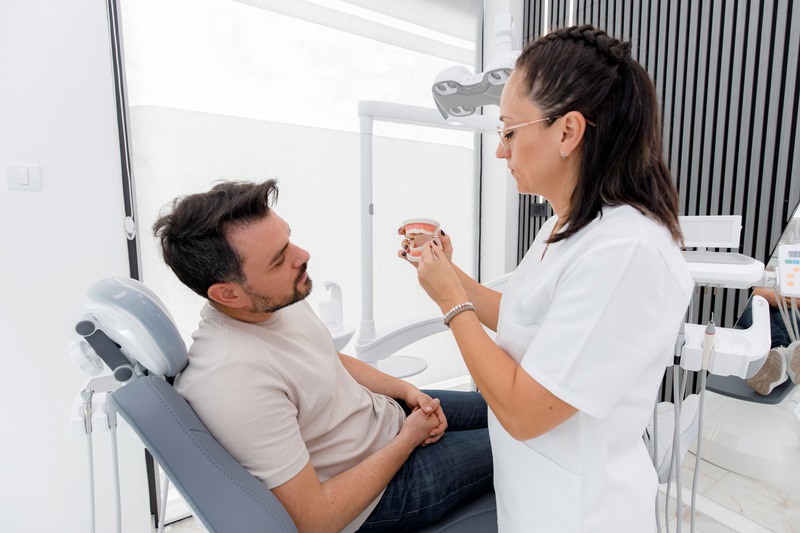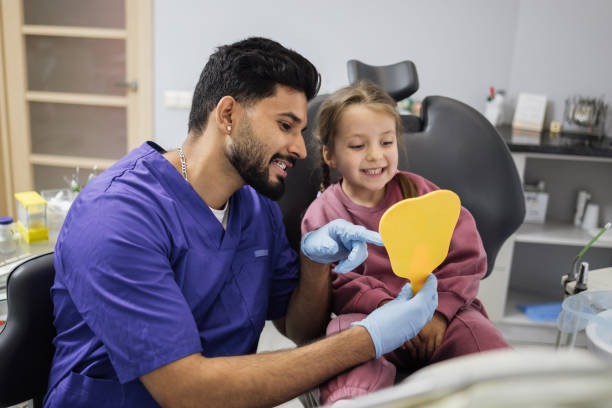Getting clean and sober is no small feat. If you or someone you love is struggling with addiction, understanding the recovery process can feel pretty overwhelming. But don’t worry. This article will break it down in a way that makes sense, from the initial detox phase to aftercare support.
Detox
What is Detox?
Detox is the first step in the addiction recovery process. It’s all about cleansing your body of harmful substances. During detox, you might experience withdrawal symptoms that can range from mild to severe. Proper medical supervision can be crucial during this stage.
Why is Detox Important?
Detox is vital because it sets the foundation for the rest of your recovery journey. Without ridding your system of toxic substances, it’s incredibly challenging to move forward. Think of detox as the kickoff for a new, healthier chapter in your life.
Rehabilitation
After detox, the next step is usually some form of rehabilitation. You can either go for inpatient drug rehab in Southern California or opt for outpatient care. Inpatient rehab options often provide a structured environment where you can focus solely on your recovery without distractions. Outpatient care, on the other hand, allows you to continue living at home while attending treatment sessions.
Choosing the Right Rehab Program
Picking the right rehab program is crucial. Some factors to consider include location, the type of addiction you’re dealing with, and what you’ll need for a full recovery. It’s also important to choose a facility that offers a customized plan tailored to your specific needs.
If you find yourself struggling at any point, seeking out a comprehensive drug rehab center can provide you with the specialized support you need to get back on track. These centers often offer tailored programs designed to cater to your unique situation and help you achieve long-term sobriety.
Therapy and Counseling
1. One-on-One Therapy
One-on-one therapy sessions are a cornerstone in addiction recovery. These private meetings with a therapist help you get to the root of your addiction, understand your triggers, and develop coping mechanisms. It’s like having your coach guiding you through the rough patches.
2. Group Therapy
Group therapy is another effective form of treatment. Sharing your experiences with others who are going through the same thing can be incredibly empowering. Not only do you get to voice your struggles, but you also benefit from the collective wisdom and support of the group.
3. Family Therapy
Let’s not forget about family therapy. Addiction doesn’t just affect the person struggling with it; it impacts everyone around them. In family therapy sessions, you and your loved ones can work through issues together, heal old wounds, and strengthen your relationships.
Aftercare
Why Aftercare Matters
Completing a rehab program is a massive achievement, but recovery doesn’t end there. Aftercare is essential for maintaining long-term sobriety. It provides ongoing support and resources to help you stay on track.
Types of Aftercare Programs
-
Support Groups: Similar to group therapy, support groups offer a community of people who understand what you’re going through. Meetings are often peer-led and provide a safe space to share your journey.
-
Sober Living Homes: These are residential facilities that offer a drug-free environment where you can live while adjusting to your new lifestyle.
-
Continued Therapy: Aftercare might include ongoing one-on-one or group therapy sessions to provide additional emotional support.
Coping Strategies
1. Developing New Hobbies
One effective coping strategy is finding new hobbies and interests. This can help distract you from cravings and give you something positive to focus on. Whether it’s hiking, painting, or learning a new instrument, diving into a new activity can be incredibly rewarding.
2. Mindfulness and Meditation
Mindfulness practices like meditation can also be beneficial. These techniques teach you to stay present, reduce stress, and better manage your emotions. They can serve as powerful tools for maintaining sobriety.
Long-Term Healing
1. Physical Wellness
Recovering from addiction isn’t just about mental and emotional healing; it’s also about improving your physical health. Eating balanced meals, getting regular exercise, and ensuring you get enough sleep can work wonders for your overall well-being.
2. Mental and Emotional Health
Never underestimate the importance of mental and emotional health in your recovery process. Regular check-ins with a mental health professional can help you manage stress and maintain a positive outlook.
Relapse Prevention
1. Understanding Triggers
Identifying and understanding your triggers is crucial for relapse prevention. Whether it’s a specific place, person, or feeling, knowing what sets you off can help you develop strategies to avoid those situations.
2. Setting Realistic Goals
Setting realistic goals can give you something concrete to work towards. Whether it’s staying sober for a certain number of days or completing a personal project, having milestones can keep you motivated and focused.
For those dealing specifically with opiate addiction, a professional opiate detox center can offer crucial medical supervision and emotional support during detox. This can make the withdrawal process safer and more manageable, helping to pave the way for ongoing recovery.
Final Thoughts
Recovering from addiction is a journey that involves multiple steps, from detox to aftercare. Along the way, you’ll encounter various forms of therapy, new coping strategies, and continuous support systems designed to help you succeed. Remember, it’s okay to seek help, and taking that first step can lead to a healthier, happier future. Stay strong, stay focused, and take one day at a time.





